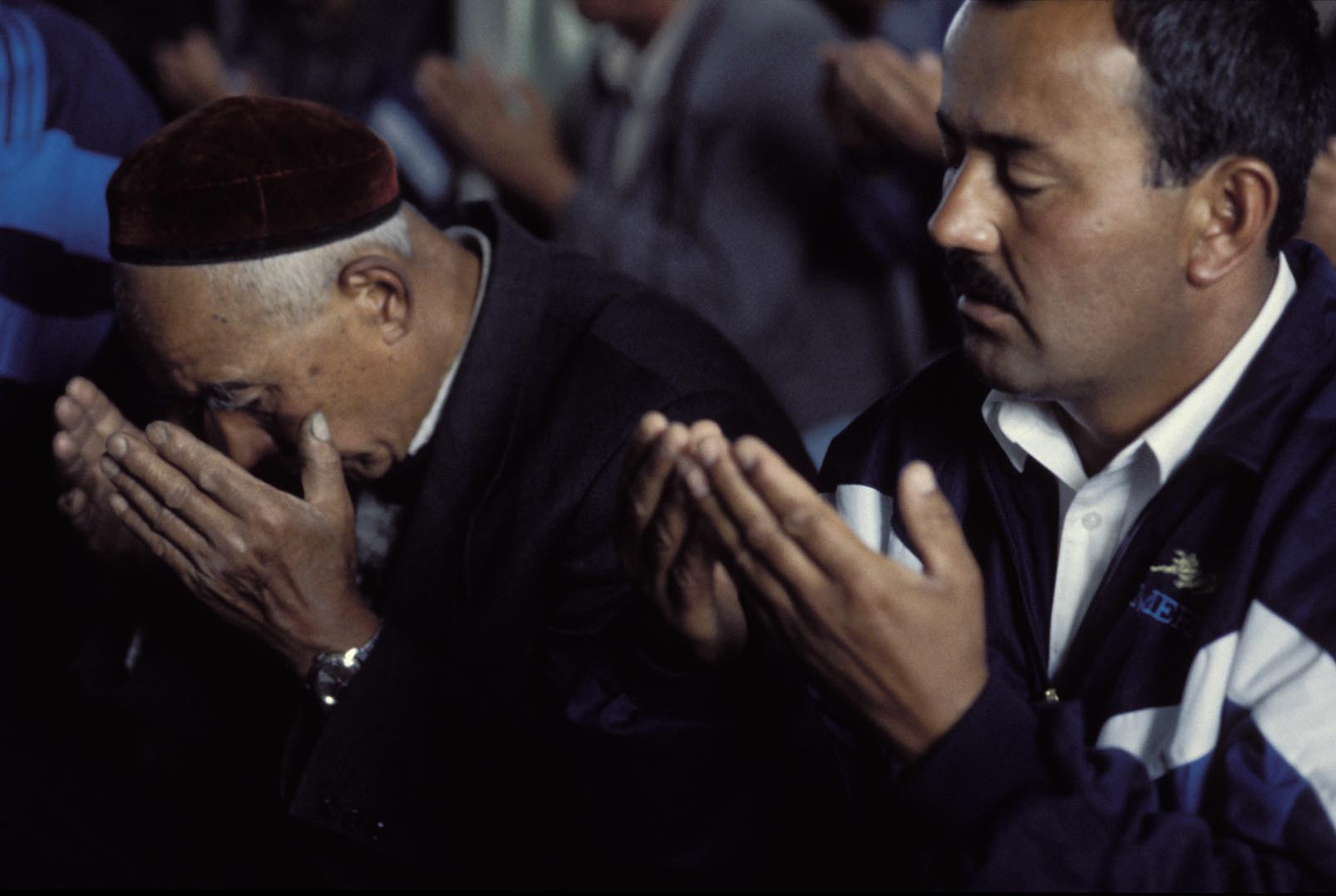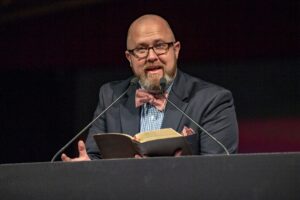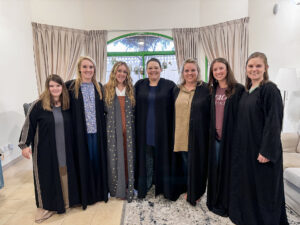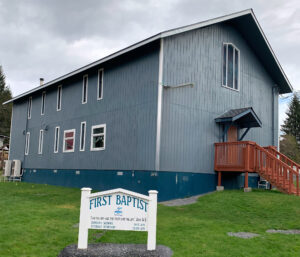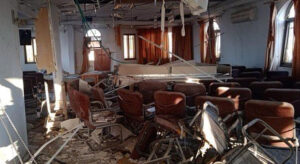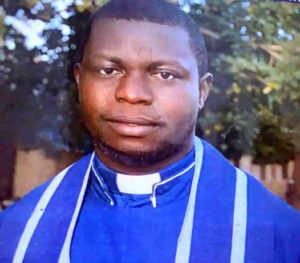
RICHMOND, Va. (BP)–Christians should not use the terrorist attacks of Sept. 11 as an excuse to back away from the Muslim world, according to Christian experts on Islamic beliefs.
Yet, while most Muslims do not participate in terrorist activities, Islam is an aggressive missionary religion that is competing for the hearts and minds of people around the world, added a longtime missionary among Muslims.
“The average Muslim is not about to engage in [terrorist] activity,” said Robert Douglas, professor of intercultural studies at Lincoln (Ill.) Christian Seminary. “Muslims that I have known and been in touch with, both in this country and around the world, generally are not supportive of this type of thing.”
Meanwhile, the missionary, who cannot be identified for security reasons, said, “While most of Islam’s leaders are not terrorists, they still are set on converting everyone in the world to their religion. Islam is now the largest non-Christian religion in America, and it is growing in Europe, Africa and other parts of the world.”
Some Americans have expressed a growing fear of Muslims and Islamic nations following the Sept. 11 attacks against the World Trade Center and the Pentagon. But for Christians, fear should neither prevent them from reaching out to Muslims in the United States nor from serving in Muslim areas, Douglas said. While missionaries have always been at some risk in Muslim nations, that risk has not increased significantly following the attacks, he added.
“Conditions in the Muslim world generally have not changed,” Douglas said. “We think of a great deal of terrorist activity and fear, but life goes on [there], so people should not use these events to back away from the Muslim world.”
Christians can offer assurance of eternal salvation, noted N.S.R.K. Ravi, an expert on Eastern religions for the Southern Baptist North American Mission Board. One motivation for terrorists is that martyrdom, according to some Muslim writings, guarantees a place in paradise. Islam normally offers no such promises.
Ravi also said that in the modern pluralistic world Islamic scholars should be more vocal in pointing out more peaceful interpretations of their writings.
“Islam speaks a lot about the mercy of God, but Islamic scholars have to find and research and interpret the mercy of God more to their followers,” Ravi said. “It is the Islamic people of the West who have to be mediators, saying to the fundamentalist states, ‘This is not the Koran. You are going on the wrong path.'”
The missionary, meanwhile, noted that Islam’s holy book, the Koran, does contain passages that seem to justify violence against people who do not submit to Islam’s rule.
For example, Surah 8, verse 5 states: “Fight and slay the Pagans [non-Muslims] wherever ye find them, and seize them, beleaguer them, and lie in wait for them in every stratagem [of war].”
In fact, the word “Islam” means submission. It emphasizes submission of Muslims to God, but also submission of non-Muslims to Muslims, the missionary said.
“Islam’s domineering nature is seen the clearest in lands where it is the predominant religion,” the missionary said. “There, Christians are second-class citizens, at best, and often face persecution. Muslims who convert to Christianity often face persecution from their families, prison, torture or death.”
Douglas warned against allowing anger to embitter Christians towards Muslims.
“We cannot allow our attitude toward missions and outreach to be determined by the bad acts of a few people,” he said.
Instead of fear or apathy, Douglas hopes the attacks will spur Christians to understand Islam and take Christ’s love to Muslims around the world.
Ravi also stressed building long-term “bridges of friendship” with Muslims, taking the time to understand their faith and sharing in ways that are culturally appropriate. A NAMB video, “The Cross or the Crescent,” explores Islam in-depth from the perspective of both Islamic leaders and Christian observers.
Douglas has been encouraged by encounters in recent days with Christian workers in Muslim cultures who are eager to continue serving there. The trauma of the last three weeks has “in no way lessened their desire and commitment to carry on the cause of Christ,” he reported.
“Christians need to be willing to venture out even in what appear to be difficult and sometimes dangerous areas for the cause of Christ,” he said. “It’s worth going into difficult areas. It’s worth taking risks.
“Can we do any less?”
–30–
James Dotson contributed to this report. (BP) photos posted in the BP Photo Library at http://www.bpnews.net. Photo titles: SEEKING GOD and ‘SUBMISSION.’
— As conditions in Afghanistan change, Southern Baptists will have key opportunities to proclaim the gospel and minister to people in crisis. For information on how you and your church can help, visit http://www.imb.org. Contributions can be sent to International Mission Board, General Relief Fund – Afghanistan, P.O. Box 6767, Richmond, VA 23230.
— North American Mission Board’s “Belief Bulletin” on Islam: http://www.namb.net/root/resources/beliefbulletins/religions/islam.asp.
— “The Cross or the Crescent” resource kit: http://www.namb.net/enews/closeout/cross_crescent.htm.
— What is God telling you — or doing in your life — in the wake of Sept. 11? How do you think world-hearted Christians should respond? How should we pray? What should we do? Share your thoughts at http://www.imb.org/forum.
